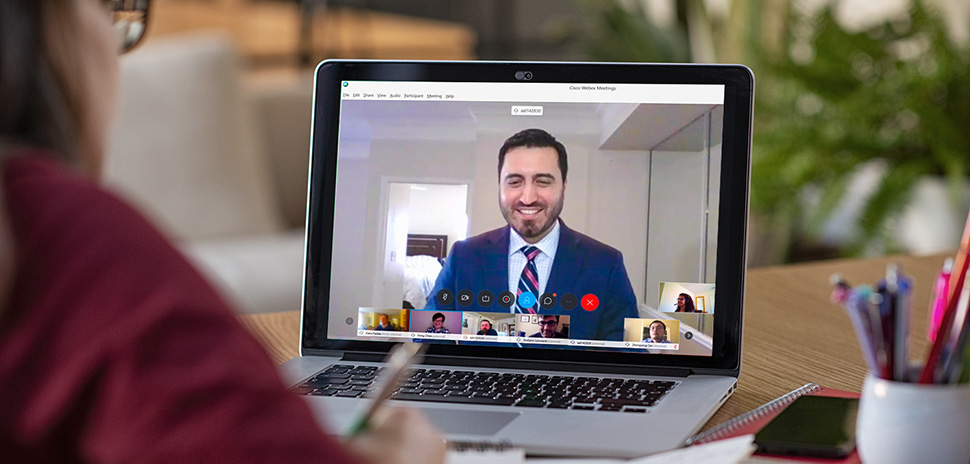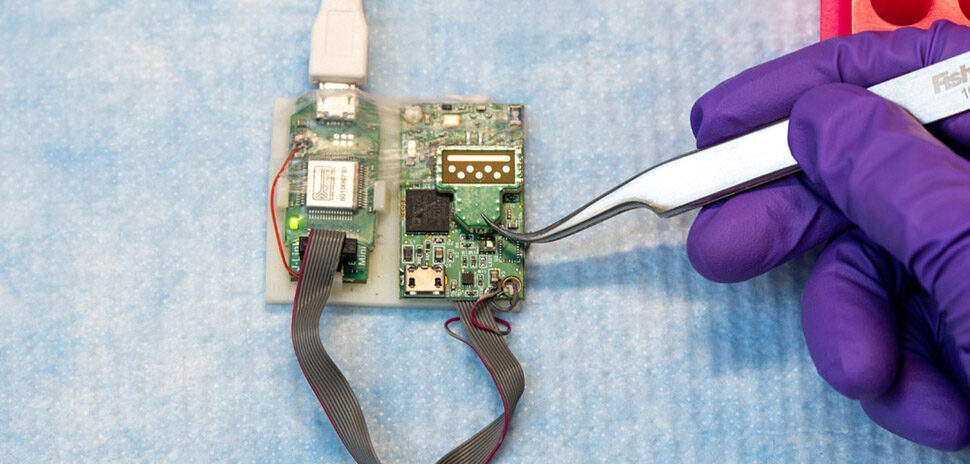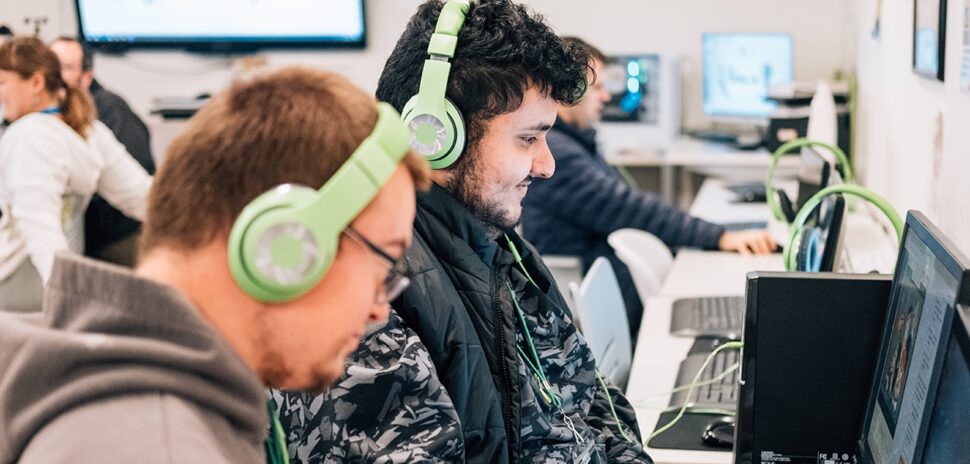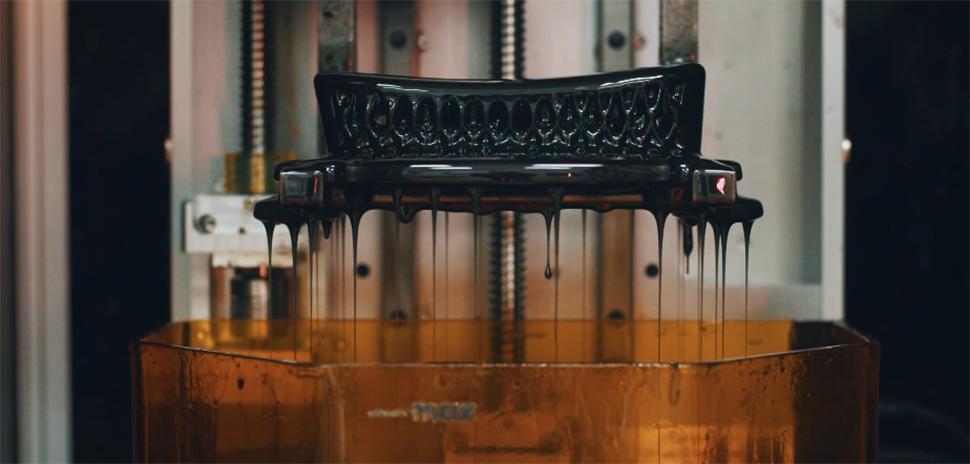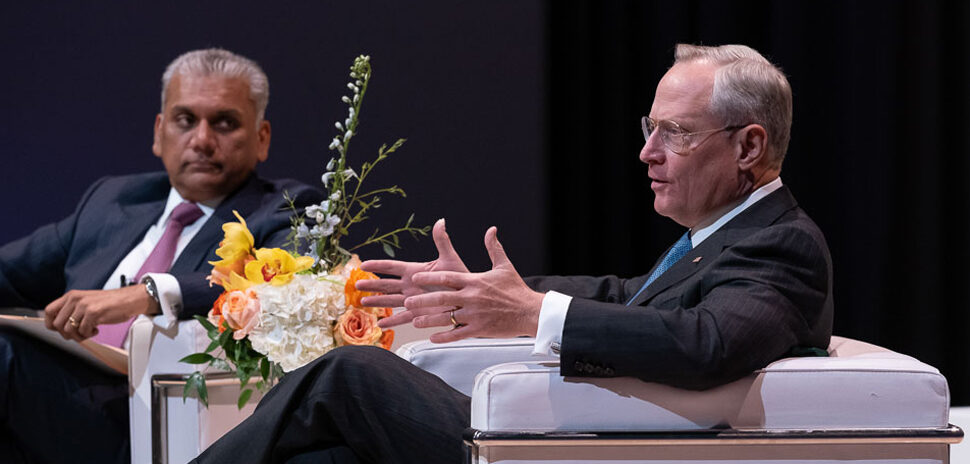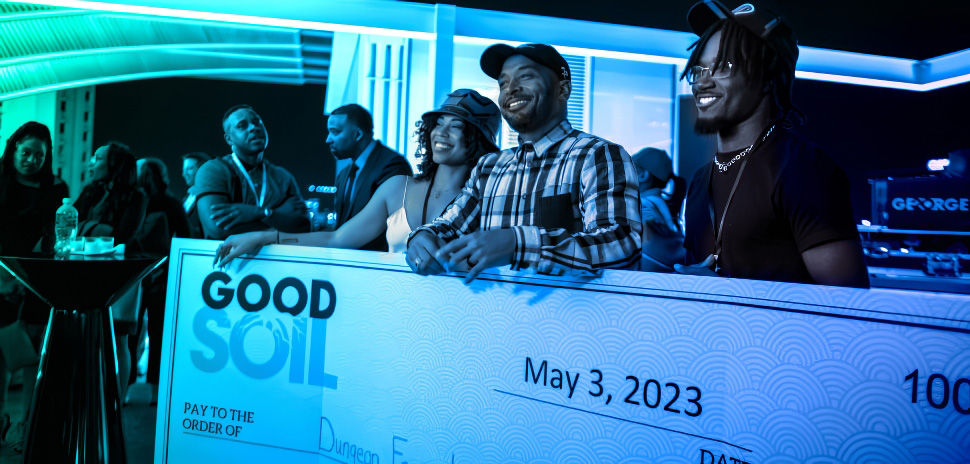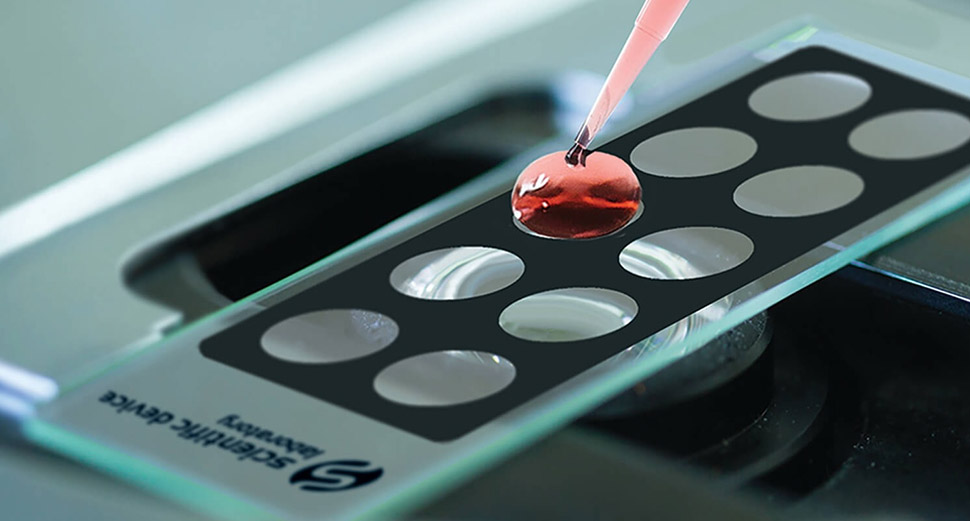When the COVID-19 pandemic forced a national quarantine, most schools faced an unprecedented challenge: shifting to being entirely online. This new normal of learning caused all levels of education—from elementary to university—to rapidly adjust. But for doctoral students at the end of the road, ready to present their dissertations, UTD’s Dr. Juan González says it was like “throwing in a monkey wrench.”
The University of Texas at Dallas had its largest number of dissertations ever this spring semester. The last step to qualifying for a doctoral degree is presenting your defense. So it was up to González, the dean of graduate education, and his team to make sure every student had the opportunity to do so.
That meant meetings were moved online—a first for UT Dallas and its Office of Graduate Education (OGE).
“The first degree that this University awarded was a PhD in physics. This is who we are. We have never had one semester in our 50 years of history without at least one PhD student graduating,” González said in a news release on UTD’s site. “We were not going to break that record this semester. We wanted to make this possible, and I’m glad we did.”
100 students participated in dissertations this spring, and 60 of them presented virtually. UTD said the OGE set up a virtual chat room specifically to share information directly with students, which quickly became a popular tool that enhanced collaboration during defense meeting prep. González even plans to continue using the chat room in the future.
It was a helpful resource during a time of unknowns for graduate students. Many had their research projects upended or lost access to their university’s labs. As Inside Higher Ed notes, “graduate students—like faculty members—suddenly have other types of work to juggle: online course transitions, caregiving, homeschooling children and sourcing materials needed for their studies.”
The piece notes that other universities have moved dissertation defenses to be remote, along with preliminary oral exams.
But many universities across the country postponed dissertation defenses. According to González, at UTD, that was never a possibility. In its 50 years of history, there’s never been a semester without at least one PhD student graduating, he said.
UTD outlined the OGE’s approach to show how it helped students:
The OGE staff worked with each PhD candidate and each participating faculty member to ensure a smooth process. González said students could choose the videoconferencing platform they preferred so that they would be comfortable with the technology.
Students who did not have Wi-Fi or a strong signal were helped to find better locations, and faculty members learned how to use various software functions, such as a virtual waiting room so that faculty could privately discuss the student’s defense performance.
And overall, UTD said the process went smoothly.
“It went way better than I expected it to go,” Dr. Kristen Kennedy, program head of cognition and neuroscience in UTD’s School of Behavioral and Brain Sciences, said. Kennedy chaired the defense of graduate student Maria Anna Boylan. “Many people normally wouldn’t have the time or opportunity to drive to campus to hear a student’s defense. The online meeting allowed more family and friends to watch and listen.”
Don’t expect online defenses in the future, though. González, who also is a professor of molecular and cell biology in the School of Natural Sciences and Mathematics and the Francis S. Johnson Chair for Graduate Education, said the process is strictly reserved for extenuating circumstances.
“My philosophy has been that there are three occasions for which you should be present in person: One of them is for your wedding; one of them is for your doctoral defense; and the other is for your funeral,” he told UTD. “So, I’m going to stick to that in the future. But we now know that in an emergency like this we can come up with a new solution.”
![]()
Get on the list.
Dallas Innovates, every day.
Sign up to keep your eye on what’s new and next in Dallas-Fort Worth, every day.










